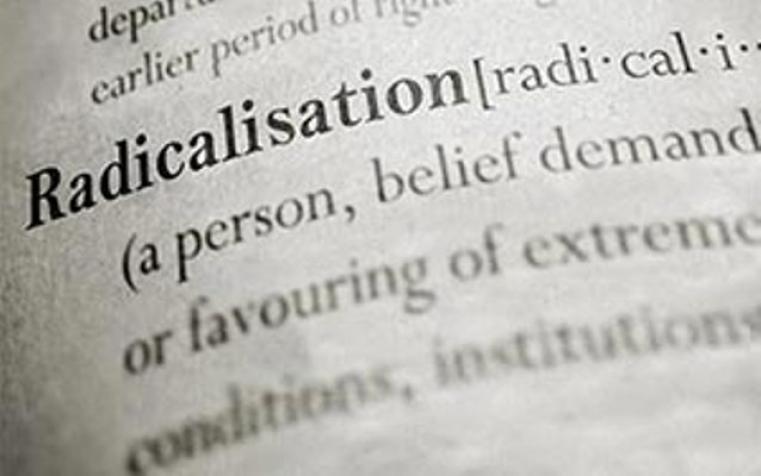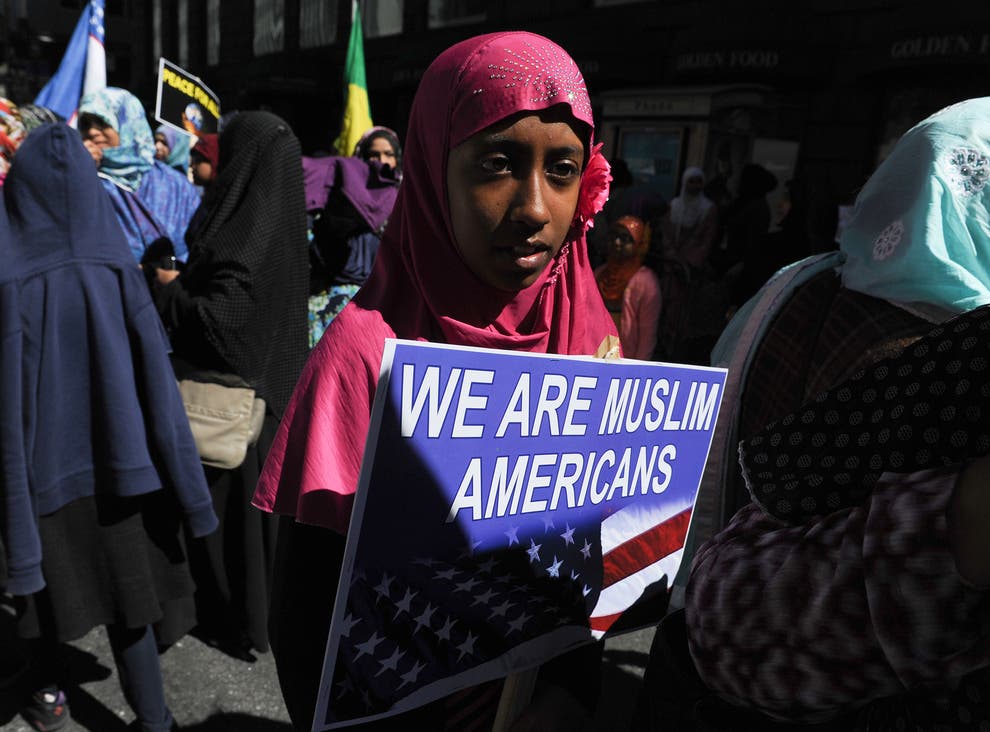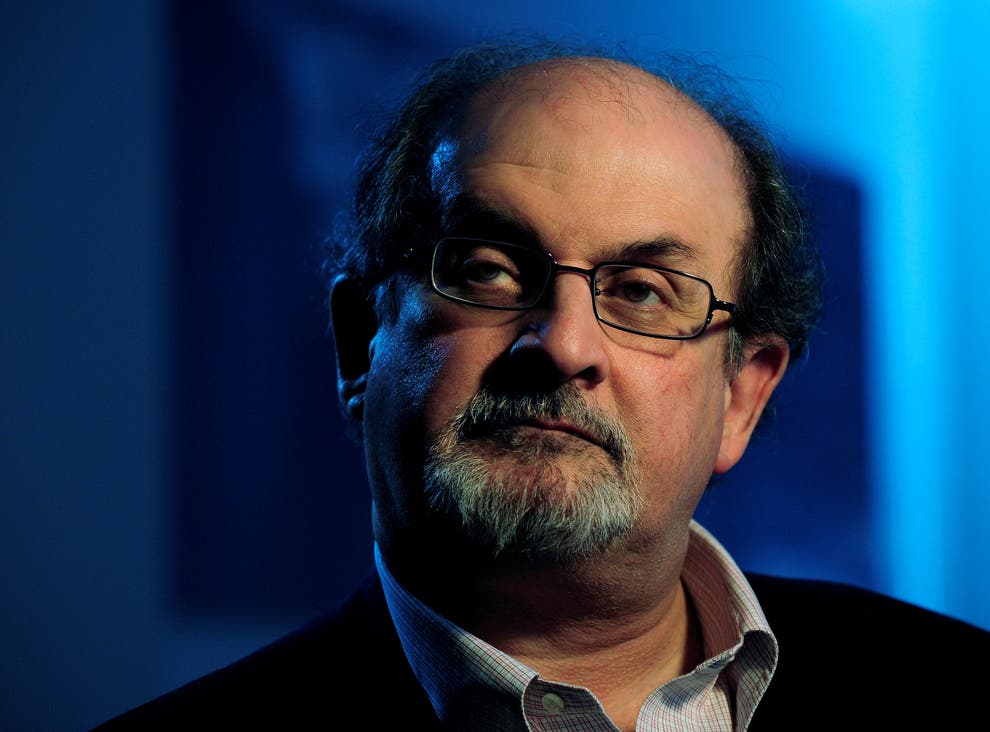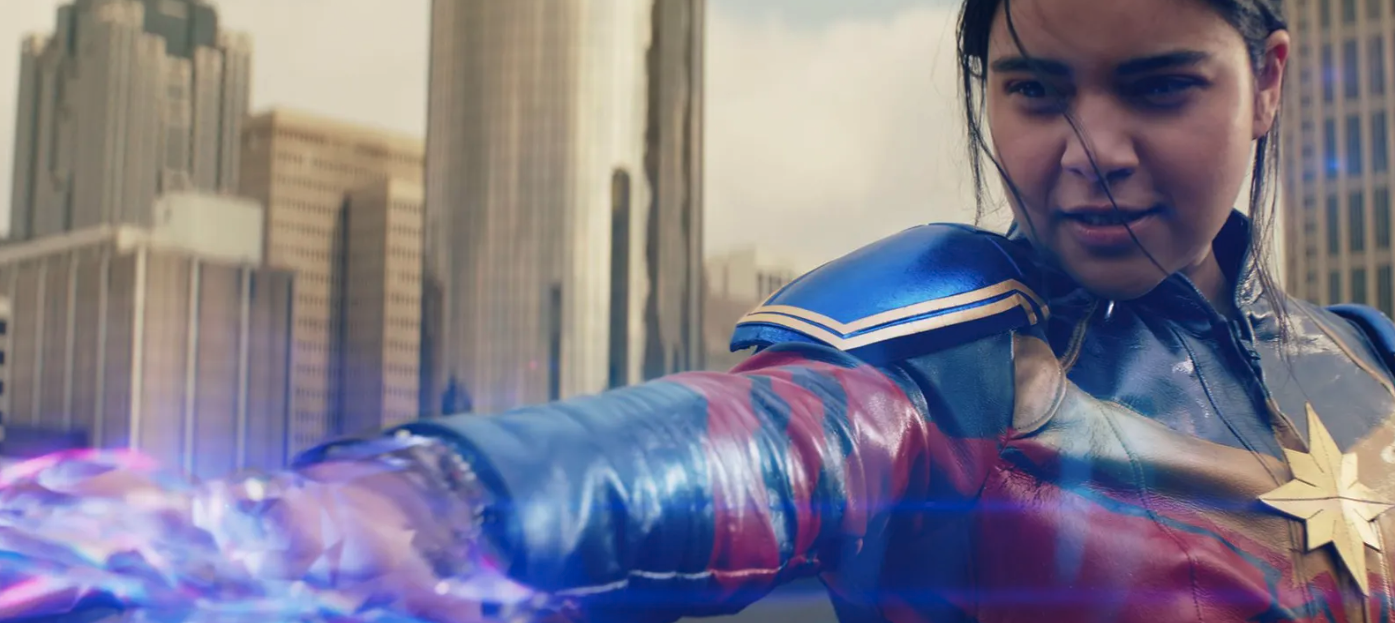KILLEEN, Tex. — A military jury on Friday found Maj. Nidal Malik Hasan guilty of carrying out the largest mass murder at a military installation in American history.
The verdict, delivered by 13 senior Army officers, came 17 days after Major Hasan’s court-martial trial began on Aug. 6, and nearly four years after the day in November 2009 that he killed or wounded dozens of unarmed soldiers at a medical deployment center at Fort Hood here.
Hasan, a Virginia-born Muslim, said the attack was a jihad against U.S. wars in Iraq and Afghanistan. One of his few displays of emotion during the trial came when he bristled after Osborn suggested the shooting rampage could have been avoided were it not for a spontaneous flash of anger.
For months and even years before the attack, his views of Islam had turned extreme. In December 2008, 10 months before the shooting, he sent the first of 16 messages and e-mails to Anwar al-Awlaki, a radical American-born cleric who encouraged several terrorist plots. He asked Mr. Awlaki whether Muslim American troops who killed other American soldiers in the name of Islam would be considered “fighting jihad and if they did die would you consider them shaheeds,” an Arabic term for martyrs.
Mr. Awlaki never replied to that message. But in 2010, in an interview with the mental health panel that evaluated him, Major Hasan appeared to answer his own question. He told the panel if he died by lethal injection, “I would still be a martyr.”
The jury of nine colonels, three lieutenant colonels and one major deliberated for about six hours over two days before finding him guilty of 45 counts of premeditated murder and attempted premeditated murder, one count for each of the 13 people he killed and the 32 he wounded or shot at.
John Galligan, Hasan’s former lead attorney, said the jury did not hear all the facts because the judge refused to allow evidence that helped explain Hasan’s actions.
“Right or wrong, strong or weak, the facts are the facts,” he said. “The jury we heard from only got half the facts.”
He and prosecutors said his mission was to kill as many soldiers as he could as part of a jihad to protect “my Muslim brothers” from American soldiers deploying to Afghanistan. A year after the shooting, he told a military mental health panel that he wished he had died in the attack so he could have become a martyr. He expressed no remorse for his actions, only regret that he was paralyzed by police officers who shot him in ending the attack.
The start of the court-martial trial was delayed several times, largely because of Major Hasan’s efforts to keep the beard he had grown for religious reasons, in violation of Army rules. In contrast, Hasan Akbar, the Army sergeant who was sentenced to death in a grenade attack on his own camp in Kuwait in 2003, was convicted just two years after his attack. In Major Hasan’s case, three years and nine months have elapsed since the shooting.
His has also become one of the most expensive cases in military history, costing the government more than $5 million, including $8,000 a month to rent a trailer near the courthouse where Major Hasan, who acted as his own lawyer, could work on his case with access to a computer, printer and law books.






